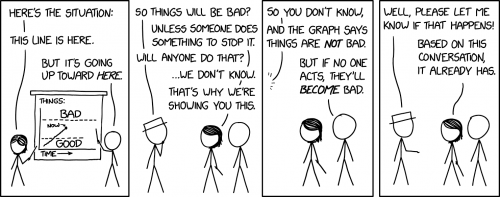
I coulda cried. I went to the movies last night, and it wasn’t another goddamned comic-book super-hero franchise movie. All summer long, that’s all they’ve shown, and I am so tired of that crap. Please, please, no more movies where all tension and drama is supposed to be resolved at the end with a great big punchy slog of a fight with lots of CGI!
The Green Knight is not that movie. Instead, we get all the complexity and ambiguity of the medieval story, with dangly bits of the tale that hang there and make you scratch your head and wonder what that was supposed to mean, and at the end you have to think about what it was all about. It also doesn’t slavishly follow the old poem, and the director adds new surprises. That’s what I want more of in a movie — creativity and originality and complexity. I may have to go again later this week just to soak in the lovely imagery and pick up on the nuances.
The only negative, something that diminished but did not ruin the movie for me, was the audience. For some reason, the theater had a small mob of boys in their early teens who came in to watch, presumably thinking this was another goddamned comic-book super-hero franchise movie. They were visibly bored, constantly getting up to go to the lobby, whispering to each other, noisily chomping on their snacks. So spread the word: this is not an action movie. There isn’t a lot of sustained violence. The sexy scenes are muted and strange. Stay home, kids, you won’t like this movie. And theaters: I know you’re desperate for ticket sales, but you’re doing no one any favors by letting the kiddies into a movie they won’t understand.
P.S. There won’t be a sequel to The Green Knight. It won’t launch a franchise with a new addition to the story every summer. The studios may be unhappy with that, but it’s a huge plus as far as I’m concerned.





